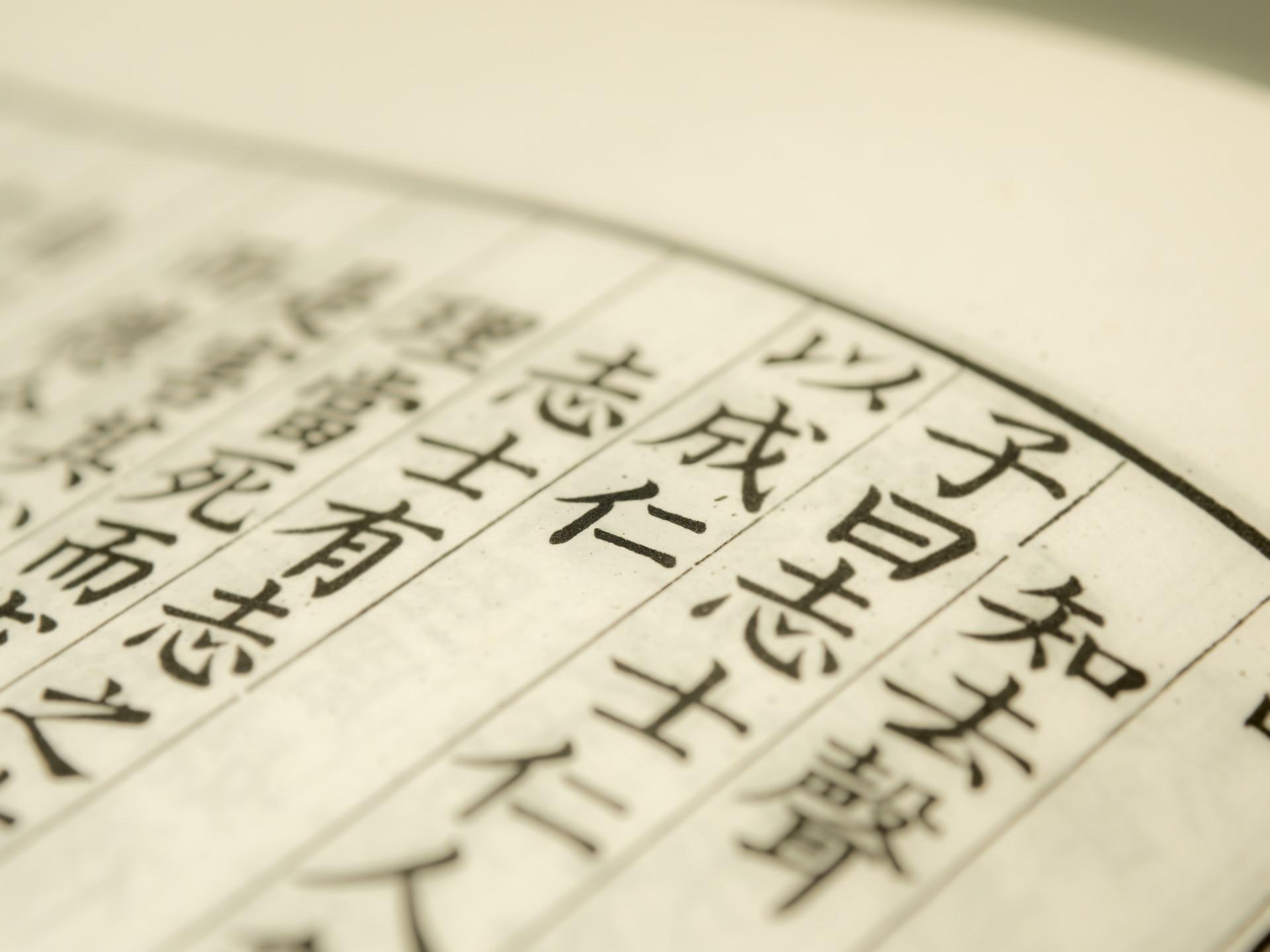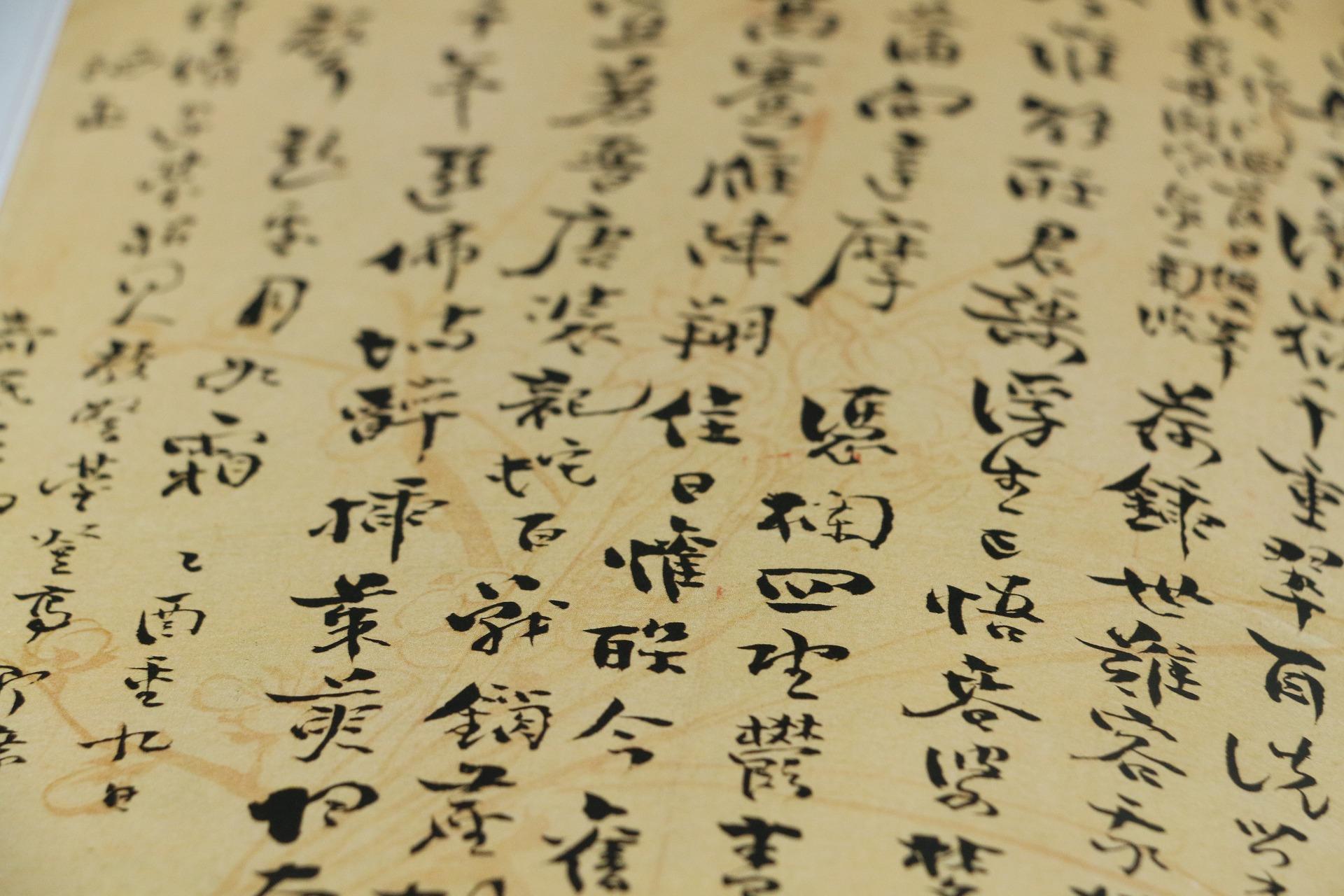“By failing to prepare, you are preparing to fail.” - Benjamin Franklin
In the UK, Chinese is becoming an increasingly popular option for A Level students. More students than ever are looking eastwards and deciding to learn a language a little further from home than those traditionally learnt in British schools. In this article, we’ve taken the Cambridge International A Level as an example so you should make sure you check the specifics of the exam you’re sitting. Additionally, we’ve used the 2019 version as a reference and this is subject to change each year. Again, make sure you’re up-to-date with the exam you’re sitting. With all that said, whether you’re doing AS Level Chinese, A Level Chinese, studying for the HSK, or a Chinese MOOC, it’s important that you prepare as much as you can. In this article on Chinese exams, we're going to have a look at what you need to know about the exam itself, how you can prepare for it, what's involved in the exam, and some useful Chinese expressions to help you.

What You Should Know About the Chinese A Level
While the Chinese A Level isn’t a requirement for every Chinese degree course, it’s very useful to have and it won’t look bad on your application. Students who are serious about using Chinese in their future should consider taking it if they have the option. 
The Parts of the A Level Chinese Exam
So what exactly are you supposed to do in Chinese A Level exams? 
Component 2: Reading and Writing
This exam lasts 1 hour 45 minutes and will count for 70 marks. The student will be given a couple of Chinese texts which cover similar topics. You’ll have some specific and general questions on your comprehension of the text and will be required to either provide a summary or comparison of the texts. The texts will be fairly recent (from within the last 20 years). Keep in mind that both questions and answers will be in Chinese. Around a quarter of your marks on this paper are for the quality of the language used whereas the rest if for content and, in the last question, your personal response. The very last task requires you to write about 200 characters and use information ascertained from both the texts provided.
Component 3: Essay
This component accounts for 40 marks and lasts an hour and a half. The student will be given a choice of 5 questions from a pre-published list of exam topics. You then have to write 250-400 characters for the task. In this component, 24 marks are allocated to the quality of the language used and 16 for the content of your answer. This is somewhat different to the previous component where the focus was more on content than the quality of language. So what kind of topics are there? For example, the Cambridge International A Level Chinese topics for 2019 will include Human relationships, law and order, work and leisure, war and peace, and pollution.
Component 4: Texts
The fourth component lasts 2 and a half hours and has a total of 75 marks available. You’re given a choice of questions to choose from and you must answer three. The list includes two sections and of your three questions, at least one text from each must be chosen. The total marks available for each question is 25 and you’re expected to write between 600 and 800 characters for each answer. Be careful not to go over the character limit as you’ll limit the maximum number of marks you can get. Our best advice is to follow the instructions on your paper. How Do You Prepare for a Chinese Exam? If you’re studying at a sixth form or college, your teachers should have given you all the information you’ll need about the date and time of your exam. Find learn Chinese London here on Superprof. 
Useful Chinese Expressions
If you’ve not started your A Level yet, we’ve got some useful expressions to get you started in Chinese. Whether you want to practise them or are just too excited to start learn Mandarin London, these are some good phrases to know. 
- ???? Duì bu q??I’m sorry!
- ????? Bù h?o yìsi?Sorry!
- ???????? Zhè gè zì w? bùhuì niàn. I can’t read this word/character.
- ??????????? W? t?ng bù d?ng. Q?ng zài shu? y? biàn. I don’t understand. Please say it again.
- ????????????? Zhè gè wèntí w? bù zh?dào z?nme huídá. I don’t know how to answer this question.
Looking for other words? Check out some of the best Chinese dictionaries. If you do need additional help, there are 3 main types of private tuition you can get from the private tutors on Superprof: one-to-one private tutorials, group tutorials, and online tutorials. One-to-one private tutorials will take place with just the tutor and the student. These are the most effective types of private tutorials but they're also usually the most expensive. Group tutorials are usually cheaper because the tutor charges multiple students at once and can offer more competitive rates. While more affordable, the students won't get as much personalised attention from their tutor. Finally, online tutorials take place with the student and tutor sat at their respective computers. Thanks to the internet, webcams, microphones, and video conferencing software like Skype, the tutor can teach students anywhere in the world. Since the tutor doesn't have to travel, they can charge less than they would for the other types of private tutorials. It's up to you to choose the option that works best for you and your budget!
















